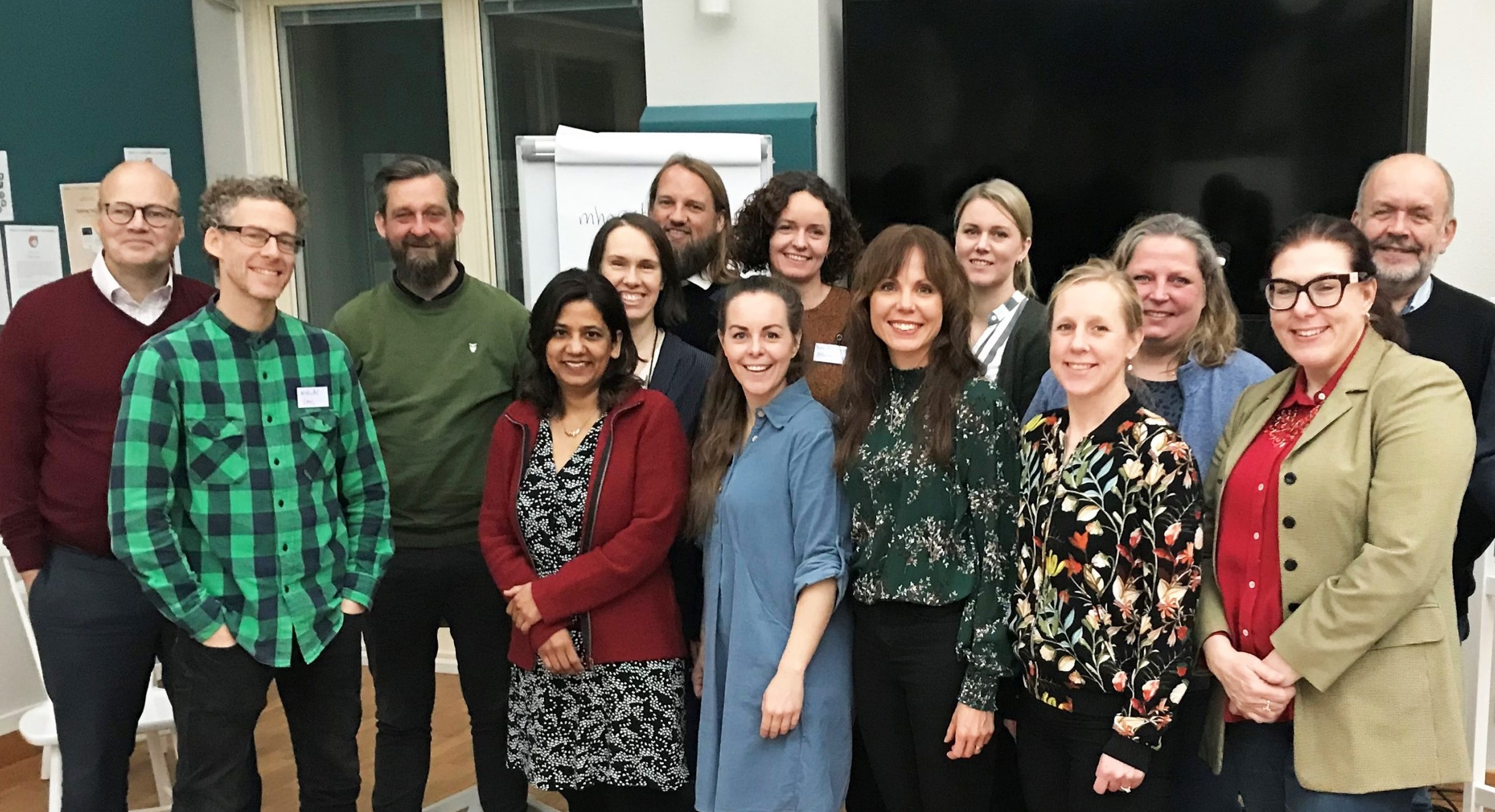The Nordic Ecumenical Network on Freedom of Religion or Belief
A network of practitioners working with FORB issues
NORFORB is the network behind the Freedom of Religion or Belief Learning Platform.
NORFORB is a network of ecumenical, church, or church-related organisations in the Nordic Countries that work with freedom of religion or belief (FORB) as a human right for all. The network developed organically in 2014, as staff members working with advocacy and capacity building on FORB issues sought to learn from one another and find synergies between their areas of work. In 2016, eleven organisations decided to form the NORFORB network, which has since grown to include 14 members.
2017-2018 was a formative period for the network, during which time NORFORB became a springboard for joint project applications and the development of a joint online learning platform, the FORB Learning Platform. Through this platform, a broad network of collaboration has developed between the NORFORB network and faith communities, faith-based and secular human rights organisations, development organisations, and educational bodies across the globe.
The FORB Learning Platform project is run by three NORFORB members working in a formalised consortium: Stefanus Alliance International, SMC Faith in Development, and the Center for Church-Based Development.
Contact NORFORB: katherine.cash@smc.global
NORFORB meeting in Stockholm, November 2021.
Founding principles
Collaboration in the network takes place based on a shared understanding of FORB as a human right for all as stated in Universal Declaration of Human Rights, Article. 18, the International Covenant on Civil and Political Rights, Article 18 and the European Convention on Human Rights, Article 9.
The network seeks to be open, practical, and solution-driven, with collaboration based on shared values, aims, and ways of working and in which there is freedom for the members (or groups of members) to explore, develop, and implement initiatives organically.
Network activities focus primarily on freedom of religion or belief in countries with serious violations of the right, rather than FORB issues in the Nordic area. This applies not least to support partner organisations. There are, however, areas of overlap that relate to both domestic and international agendas that are discussed within the network, and learning resources produced by the FORB Learning Platform are relevant and regularly used by actors in the Nordic area to promote rights for all.
Aim & objectives
The overall aim of the network is to maximize the efficacy and efficiency of the participating organisations’ work on FORB for all by identifying and utilizing potential synergies among network members. In this way, our joint contribution to building a culture of FORB for all will be strengthened.
The NORFORB network has the following strategic objectives:
- Sharing, exchanging, inspiring new ideas and innovative approaches
- Joint learning on best practices
- Complementarity and collaboration to strengthen synergy effects and thereby boost the effectiveness of the member organisations’ FORB work
- Joining a faith-based identity and approach with a human rights-based approach towards FORB.
These objectives should guide the network’s rules of engagement and modes of cooperation.
If you would like to know more about our work, please read the full Terms of Reference here.